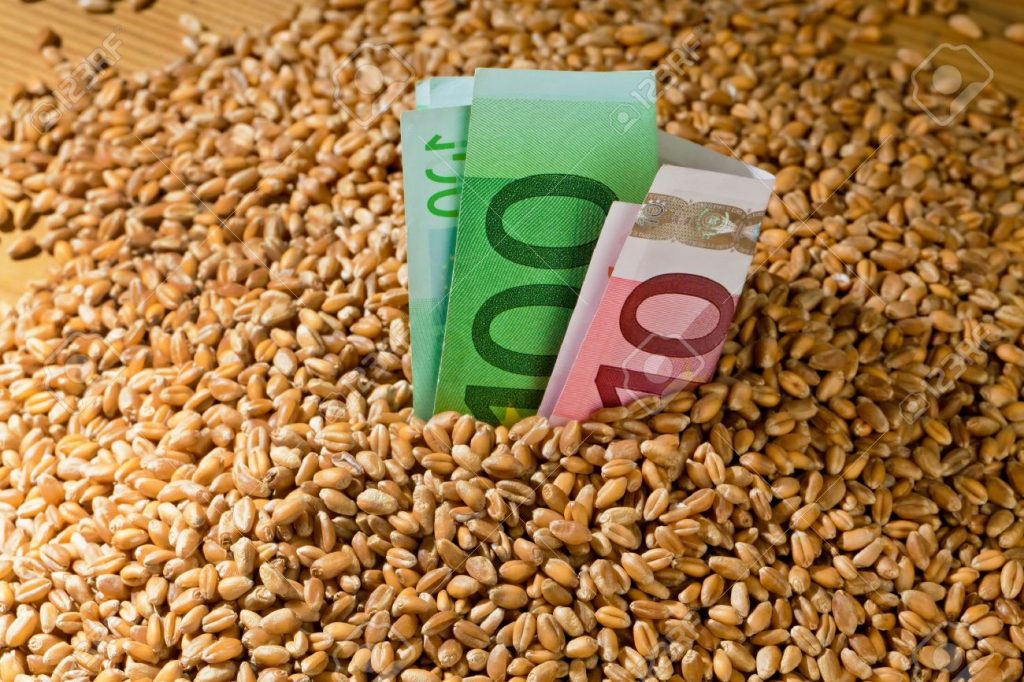
The European Union (EU) is supporting the Government of Ghana (GoG) with 160 million euros to boost agriculture in the Savannah Accelerated Development Authority (SADA) Zone Six.
The project which is still at its formulation stages would focus on three thematic areas; “productive investment for sustainable agriculture development”, and “resilient agriculture against climate change (REACH)” as well as “capacity building of decentralised institutions and community mobilisation”.
Out of the 160 million euros, 105 million would go into “productive investment for sustainable agriculture development”, 30 million into “resilient agriculture against climate change (REACH)” and the remaining 25 million would be invested into “capacity building for decentralised institutions and community mobilisation”.
The SADA Zone Six comprises all 11 districts of the Upper West Region and three regions from the Northern Region namely; Sawla-Tuna-Kalba, Mampurugu-Mougduri and North Gonja Districts.
The EU under the 11th European Development Fund has therefore contracted SOFRECO, a French consulting firm to assist in formulating the project.
Based on this, a team of four consultants from SOFRECO led by Lucien Rossignol, Key Expert Agricultural-Economist has arrived in Wa for a kickoff stakeholder consultation workshop.
Construction of feeder roads to food production areas and construction and rehabilitation of irrigation facilities to promote irrigation agriculture are some of the areas the consultants would be looking at under the project.
Dr. Paul Bennett Siegel, a World Bank Consultant has accompanied the team to observe what is going on and to see how possible the World Bank could replicate the project elsewhere in the country.
Dr Owusu Afriyie Akoto, the Minister of Food and Agriculture in a speech read on his behalf said the kick start of the full design of the project was encouraging for the Savannah Agro-ecological Zone of Ghana.
He said it had been a long journey in getting to this point of the project design; starting from 2014 when the Identification Mission came with over 21 project ideas which have been filtered to one programme with three components through consultations.
The Agriculture Minister hoped that those investments would bring about agricultural enhancement and consequently economic transformation in the selected zone and the nation at large.
“We need infrastructure to leverage private sector investment. Similarly we should be producing in a manner that is driven by market”. Dr. Akoto noted.
“As for climate change there is no gain saying that we should intensify our efforts to ensure that our progress in agricultural development and our very existence is not undermined”, he added.
Dr Akoto urged all stakeholders to put in their best by sharing their experiences with the consultants in order to ensure that a well-designed and implementable project was formulated.





